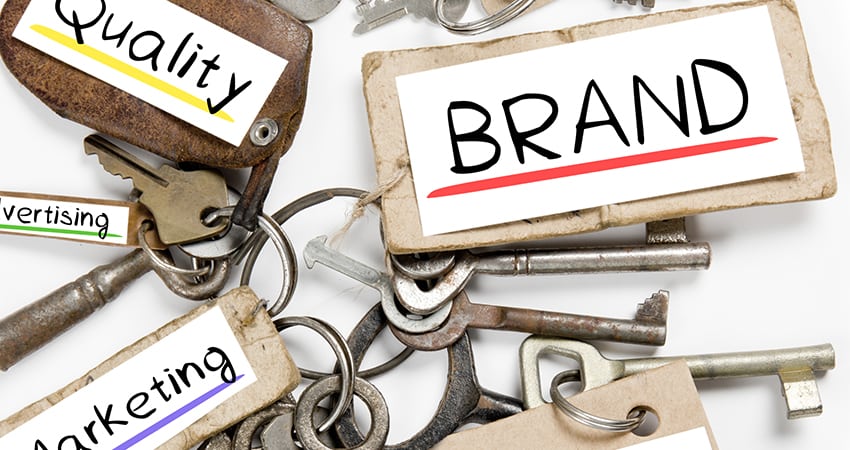Amazon once again hit the number-one spot in terms of brand loyalty as it did in 2018, according to Brand Key’s annual Loyalty Leaders survey, beating out major players like Google, Samsung and Apple atop the list.
Brand Keys examined 921 brands in 110 categories, providing data on loyalty, emotional engagement and brand communication, identifying 100 loyalty leaders.
“After years of near-total digital brand domination, automotive, restaurant and retail sector brands have made loyalty gains and moved up the list,” said Robert Passikoff, Brand Keys founder and president. “This year they make up half of the 2019 top 20.”
Among retailers and brands on the list, Old Navy saw the biggest year-over-year jump, moving from number 56 to number 33. Under Armour saw its loyalty ranking fall the furthest from 2018, declining from 58 to 77.
Brands on the list have kept customers buying, attracted new ones and driven record sales by co-opting techniques that made digital media engaging.
“Loyalty is a predictive leading-indicator of future consumers behavior, it’s axiomatic,” said Passikoff. “The more loyal and engaged the consumer, the better they behave regarding purchase, repurchase and brand recommendation. And the better the brand does in the marketplace and stronger a brand’s bottom line.”
Other retail brands that exhibited strong loyalty this year include Sam’s Club (+16) and Samsung (+8). Two brands sneaking onto the list for the first time were Dick’s Sporting Goods at number 99 and Dollar Tree at number 100.
“When it comes to loyalty, no matter the category or audience, brands that understand emotional connections serve as surrogates for added value and always do better than the competition,” said Passikoff. “Brands that make loyalty and emotional engagement a strategic priority always appears high on the Loyalty Leaders List, and more importantly, they always appear on the top of consumers shopping lists.”
Brand Keys surveyed 55,000 consumers age 16 to 65 in all nine U.S. Census regions during August 2019. Respondents self-selected categories in which they are consumers and assessed the brands for which they are customers. You can access the entire list here.

